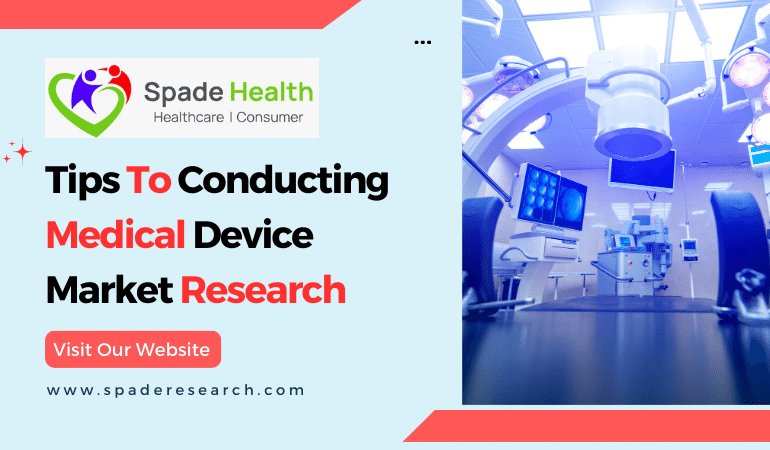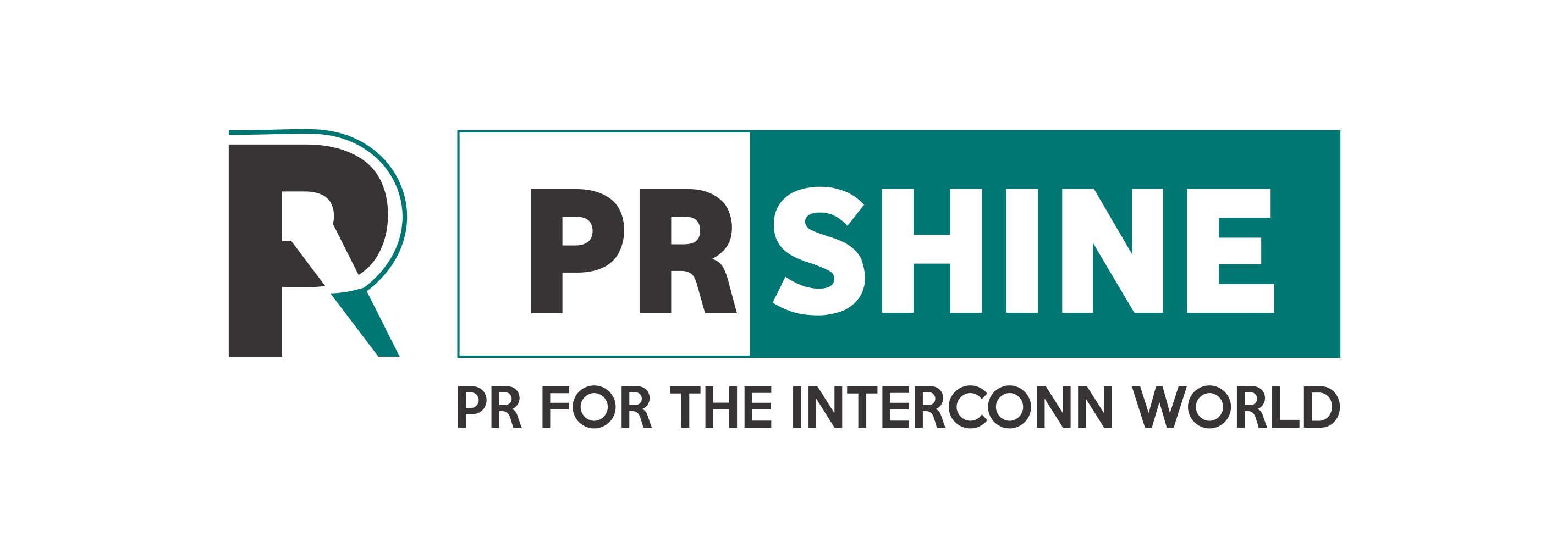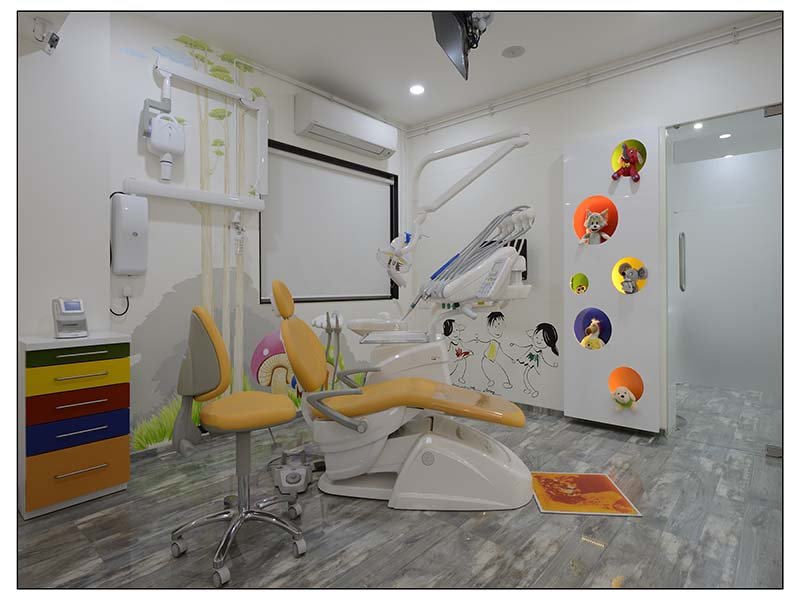Tips to Conducting Medical Device Market Research
Medical Device Market Research is essential for companies to stay competitive, understand customer needs, develop innovative products, and make strategic business decisions. Spade Health helps companies identify potential markets and geographical regions for expansion by conducting Medical Device Market Research.

The medical device sector, which is extensively regulated in most countries throughout the world, presents distinct problems and opportunities. Medical device firms must invest continuously in research and development to deliver the innovations that drive market success.
Considering the challenges that medical device companies face, medical devices benefit an unexpectedly large senior population worldwide. As their economies expand and healthcare spending rises, emerging market countries priorities medical devices.
We assist medical device manufacturers and distributors in taking opportunities by providing worldwide insights and data for diagnostics, digital healthcare, orthopedics, and medication distribution markets.
What Is Medical Device Market Research?
The process of gathering and analyzing data related to the medical device industry is known as medical device market research. It involves studying market trends, customer preferences, competitor analysis, and other factors that affect the demand and supply of medical devices.
The research helps companies in the medical device industry to make informed decisions about product development, marketing strategies, and business expansion. It also helps identify opportunities for growth and assess the potential risks in the market.
The global healthcare industry is expanding, and there is an increasing need for innovative and advanced medical devices to diagnose, monitor, and treat various health conditions. Market research helps companies understand the evolving demands and preferences of healthcare providers and patients.
New technologies and innovations are constantly reshaping the medical device industry. Market research helps companies stay updated with the latest trends and developments, enabling them to develop and launch products that meet the changing needs of healthcare professionals and patients.
The medical device industry is highly regulated, and companies need to comply with various regulatory requirements before launching their products in the market. Market research helps companies understand the regulatory landscape, including the approval process, safety standards, and compliance requirements.
The medical device industry is highly competitive, with numerous companies competing for market share. Market research helps companies analyze their competitors, understand their strategies, and identify opportunities for differentiation and competitive advantage.
Tips to Conducting Medical Device Market Research
Here are some tips for conducting medical device market research:
1. Determine Your Research Objectives:
Clearly define your research goals and what you want to achieve through market research. This will help you stay focused and ensure that you gather relevant data.
2. Identify Your Target Market:
Define your target market segment and understand their needs, preferences, and buying behavior. This will help you tailor your products and marketing strategies to meet their specific requirements.
3. Select The Right Research Methodology:
Choose the most appropriate research methodology based on your objectives and target audience. This can include surveys, interviews, focus groups, and secondary research sources such as industry reports and market data.
4. Collect Comprehensive Data:
Collect both quantitative and qualitative data in order to obtain a comprehensive understanding of the market.
Quantitative data can provide numerical insights on market size, growth rates, and customer demographics, while qualitative data can offer deeper insights into customer needs, opinions, and preferences.
5. Analyze The Competitive Landscape:
Assess the competition in the medical device market by studying key players, their market share, product offerings, pricing strategies, and marketing approaches. This analysis can help you identify gaps in the market and opportunities to differentiate your products.
6. Keep Up With Regulatory Requirements:
Stay updated with the regulatory landscape governing medical devices in your target market. Understanding the regulatory requirements is vital to ensure compliance and avoid any legal issues.
7. Involve Key Stakeholders:
Collaborate with healthcare professionals, industry experts, and potential customers throughout the research process. Their insights and feedback can provide valuable perspectives and enhance the validity of your findings.
8. Interpret The Data Effectively:
Analyze the collected data to derive meaningful insights and trends. Use data visualization techniques like charts and graphs to present the findings in a clear and concise manner.
9. Use the Research Findings Strategically:
Use the insights gained from market research to inform product development, marketing strategies, pricing decisions, and other business aspects. The research should guide your decision-making process and help you address customer needs effectively.
10. Prioritize Ongoing Market Research:
Market dynamics change over time, so it’s important to continue conducting market research regularly to stay updated on industry trends, competitor activities, emerging technologies, and evolving customer needs.
By following these tips, you can conduct effective medical device market research that will provide you with valuable insights for making informed business decisions.
How Spade Health Work
Through healthcare market research and consulting services, Spade Health has assisted in the planning, launch, positioning, and repositioning of a wide range of medical device items, from well-established to cutting-edge therapies.
We make use of cutting-edge medical device market research methods and tried-and-true upstream marketing frameworks. Our historical dominance in consumer marketing combines with the patient’s expanding significance in the design, introduction, and maintenance of medical devices.
We assist clients with their business and market research requirements throughout all phases of clinical development (preclinical, phase I, phase II, phase III, launch, and beyond). This enables clients to make better clinical and commercial decisions, including new product planning, brand planning, and mature brand optimization, which improves outcomes for patients, doctors, and other shareholders.
Conclusion
Medical device market research is essential for companies to stay competitive, understand customer needs, develop innovative products, and make strategic business decisions.
Spade Health helps companies identify potential markets and geographical regions for expansion by conducting Medical Device Market Research.
We provide insights into the healthcare infrastructure, patient demographics, and market dynamics of different regions, helping companies make informed decisions about market entry and expansion strategies.












